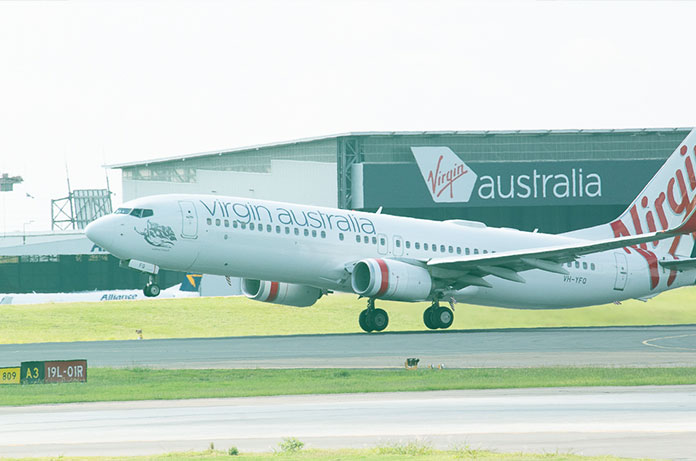
As published in The Weekend Australian on 26 June 2020
In the frenzied final days of the sale of Virgin Australia, more than 5000 local bond investors suddenly found themselves centre stage.
The surprise departure of Cyrus Capital meant that for a very short time there were two remaining bidders for the airline — Bain Capital and a loose consortium of bond investors that ultimately included the Singapore government.
Bain Capital claimed the prize but there is a lot to learn from what occurred this week.
The bondholders’ proposal provided $125m upfront to Deloitte to fund the rest of the administration process and an $800m capital injection.
The unsecured bondholders, valued at $2.1bn, planned to grant a 30 per cent haircut and convert to equity at 70c in the dollar.
If the bond holder bid had trumped Bain, their outlook would have been dramatically better than it now appears — put simply they may have achieved 70c in the dollar compared to an estimated 10c to 30c from the Bain deal.
The debt-for-equity swap plan attempted by the bondholders is common in many workout situations and shows the superior position bondholders will always take over shareholders.
Typically, the shareholders are wiped out and the unsecured bondholders then become the lowest rung in the capital structure, in effect taking on the first loss shareholder’s position.
Bain will have put months into its due diligence putting a value on the aeroplanes, frequent flyer program, lounges, routes, the Virgin brand and other assets. They see value in the company but will expect a significant discount on that value — they are in the bid process to extract value and make money.
The aeroplanes that make up part of the bid have value, but how much would they be worth separately in a liquidation scenario, especially given so many are sitting idle? Presumably there are costs associated with parking them somewhere. Bain is bidding for assets that would not be worth much in liquidation.
That was emphasised this week with Qantas CEO Alan Joyce’s shock announcement on Thursday cutting 6000 staff and stating he does not expect international routes to open up for another 12 months, leaving little hope for airline travel to return to pre COVID-19 levels in the short term.
In the end, the rivals were offering similar plans. To keep the existing CEO and management team and strategy, pay employee entitlements, support and retain the Velocity frequent flyer scheme and keep the company in Queensland. Bain is a huge international company with access to much-needed capital — one weakness of the bond holder proposal may have been whether they could have ever provided the same access to capital?
As Bain announced on Friday after winning the bid — “Bain will now work with stakeholders and looks forward to sharing its vision for the future in more details with Virgin’s employees, creditors, unions, bondholders, government and regulators.”
For retail bondholders who went into the $325m raising of Virgin Australia bonds only last year, what happens in the days ahead and how Bain treats this group will have repercussions in the local market for years to come.
If you are a bond holder and want to learn more about the process, ASIC has an excellent explanation on its website titled Voluntary administration: A guide for creditors.
elizabeth@moranconsults.com

































